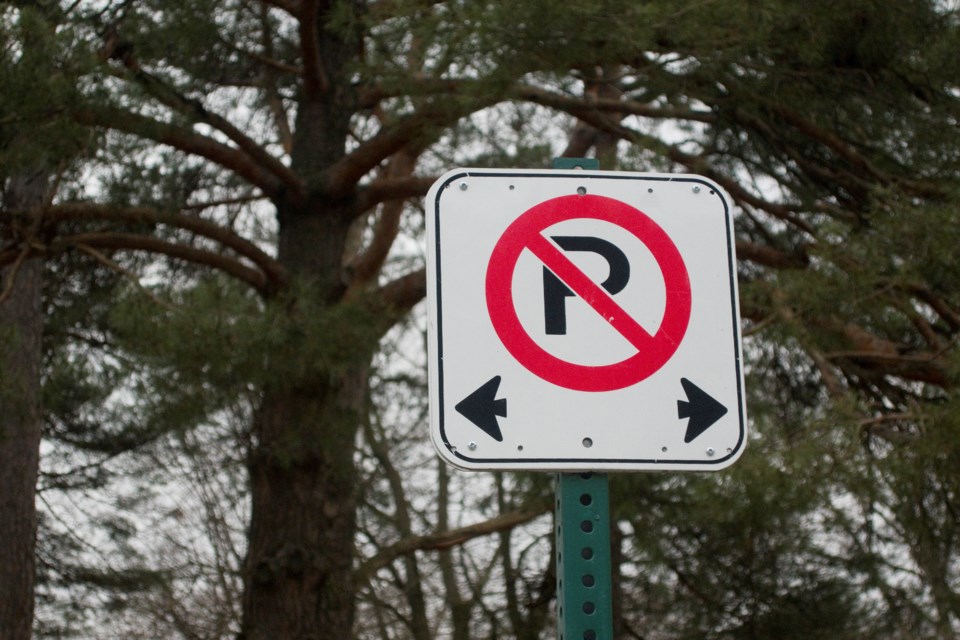A Richmondite was shocked to find a warning ticket on his windshield after parking in a residential area for more than three hours.
Ed Chatur, who has been living in the city for the past five years, said he had never gotten a ticket for parking in residential areas before.
“There is no sign saying you cannot park here for (more than) three hours,” said Chatur.
“So basically, anybody who is ignorant or anybody who’s not very well-versed with wanting to find out for themselves what is right and what’s wrong, they are going to get tickets, and they are going to have to pay for it. And that’s not right.”
According to the city’s bylaws, the three-hour parking limit applies to all streets throughout the day, unless you’re a resident:
“No person shall park a vehicle between the hours of 8:00 a.m. and 6:00 p.m., on any highway abutting any premises used for residential or commercial purposes for more than 3 hours unless such premises are the property or residence of such person or the property of his employer.”
Since the rule applies throughout the whole city, said city spokesperson Clay Adams, there is no requirement for signage.
“However, we will place three-hour parking limit signs in areas where extended parking by non-residents has a tendency to occur,” he added.
One example of such areas is Burkeville, where students and travellers might park on residential streets to “avoid pay parking on campus (on the east side of Russ Baker Way) or at nearby YVR.”
“Signs are in place and parking is monitored to reduce the risk of violation,” said Adams.
Adams added that the bylaw is enforced on a “complaint basis.” While complaints are not common, when they happen the first step for bylaw officers is usually to try to knock on the door to contact the vehicle’s registered owner and educate them about the bylaw.
If the owner can’t be reached, officers will leave a warning ticket.
“In circumstances where (complaints are received), we try to educate the vehicle owner to a potential violation based on a complaint. We generally find this resolves the matter,” said Adams.



